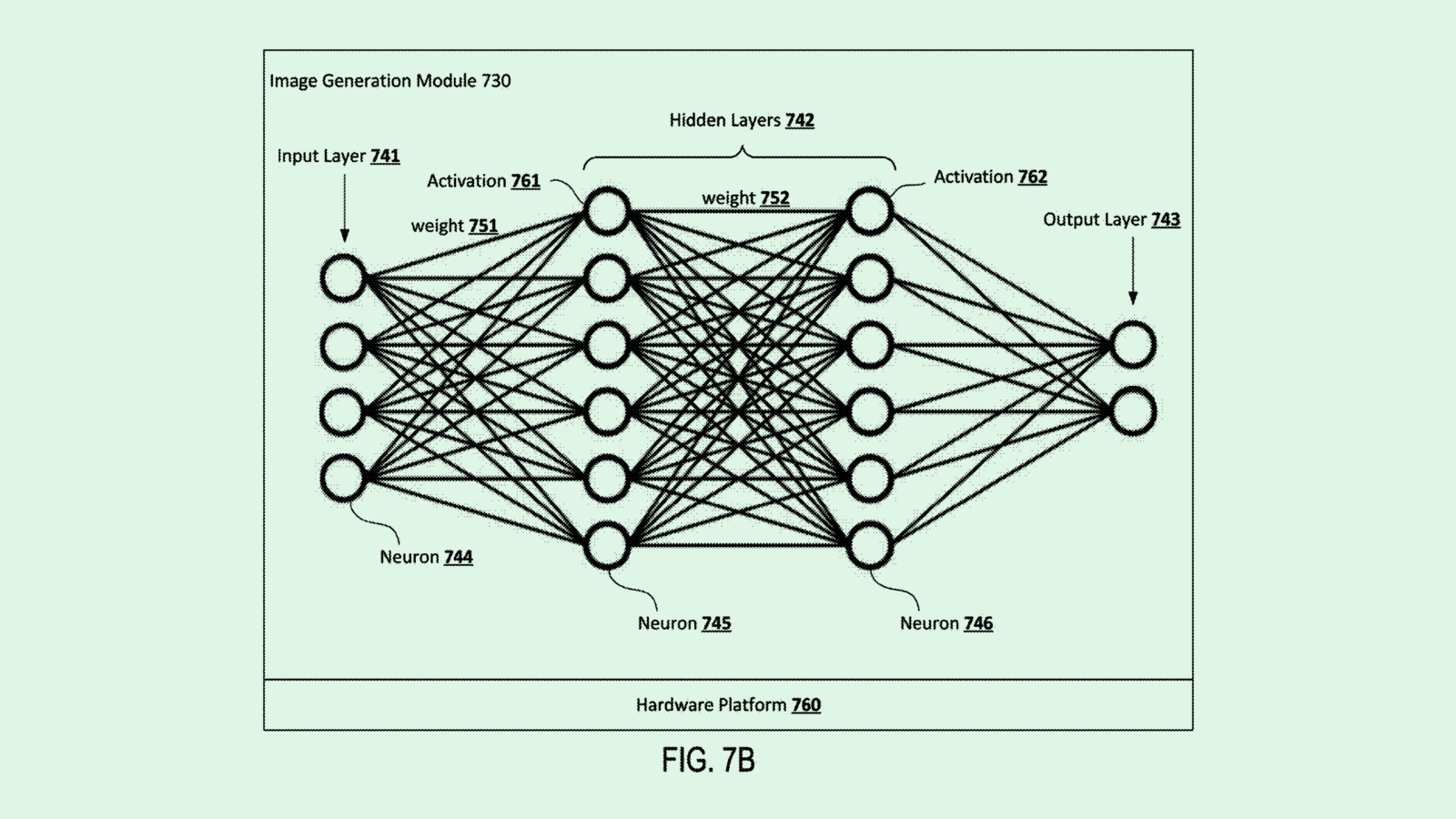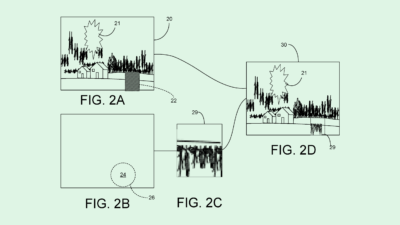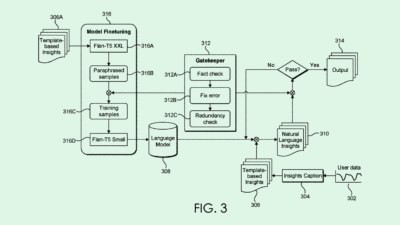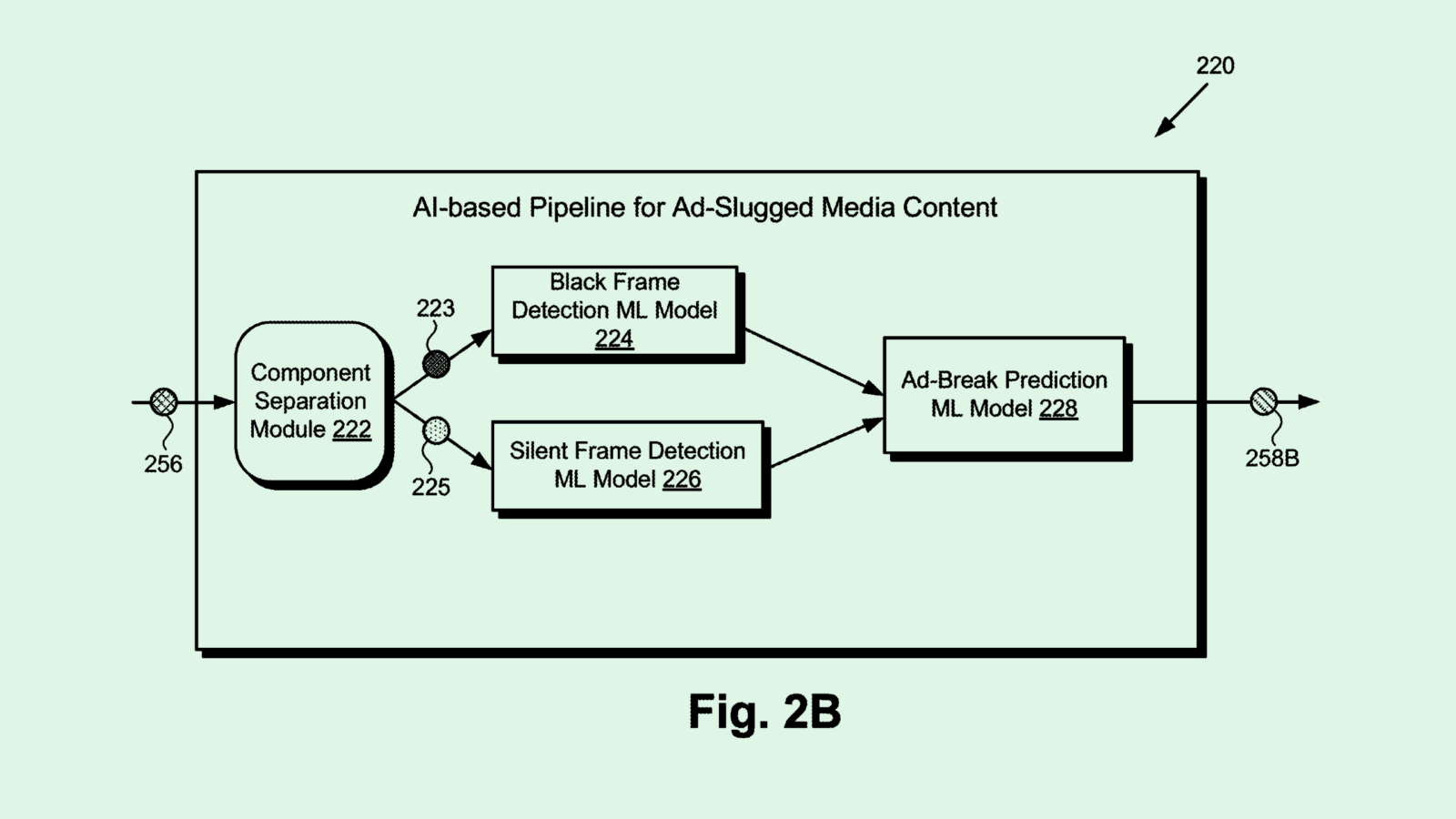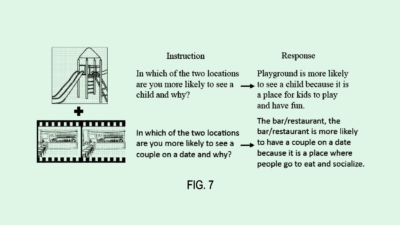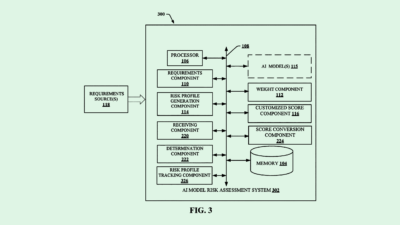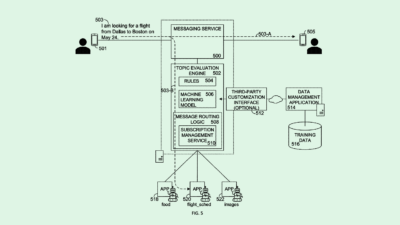DeepMind Could Give Developers a Lift with AI Coding Tool
DeepMind may be adding to Google’s AI development ambitions.

Sign up to uncover the latest in emerging technology.
Google DeepMind may be adding to the company’s AI-coding patent portfolio.
Google’s AI division filed a patent application for a system that generates computer code from “task descriptions” using neural networks. In simple terms, the system allows users to write out exactly what task they need done, and a generative neural network spits out one or more computer programs that can execute that task.
To break it down: A user sends task description inputs into this system, which generates several “candidate computer programs” to perform the task. The system will run those computer programs and, based on whether or not they can perform the task, will synthesize multiple candidate programs to perform it.
Code that solves a specific task can be difficult to create, as “single character edits can completely change program behavior,” DeepMind noted. “Even if they don’t cause crashes, solutions can look dramatically different even for the same problem.”
But DeepMind’s neural networks essentially apply a fine-tooth comb to this process, breaking down the problem a user wants to solve and quickly recalling lines of code from a “huge structured space” (a.k.a. a database of coding sequences). This can help a developer rapidly write highly specific code with less headaches and eye strain trying to pick out their tiny mistakes.
The system also can train the neural network on code sequences, then “fine-tune” that training on data that’s specific to the task, thereby making it able to create accurate code even if the amount of hyper-specific data is limited.
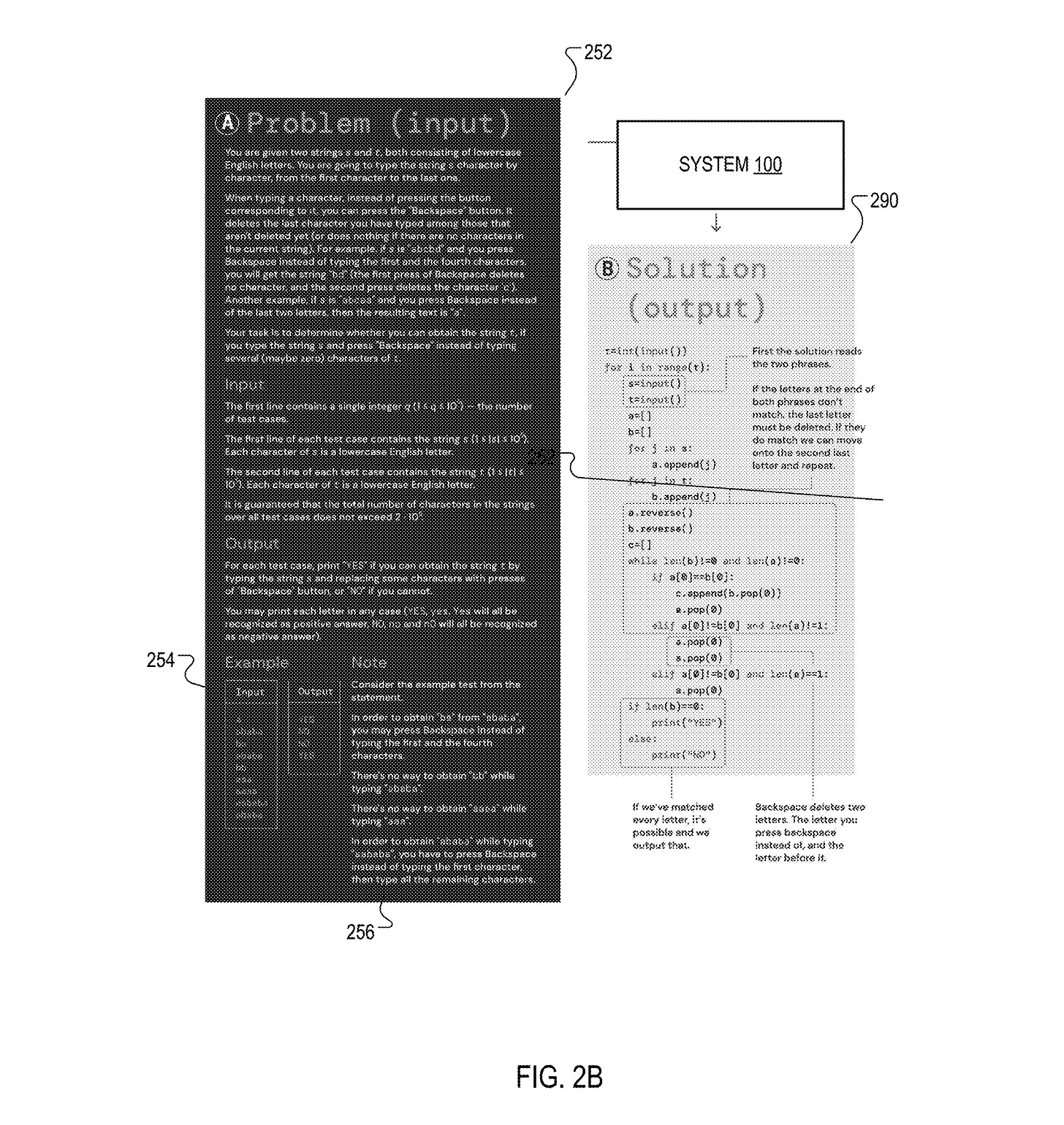
A filing like this from Google’s AI subsidiary (now AI division) isn’t a huge surprise. Google has touted AI integrations throughout Google Workspace and plans to supercharge its search engine with AI. The company also offers coding assistance with Duet AI for Google Cloud.
DeepMind, meanwhile, debuted AlphaCode last year, an AI-assisted tool for competitive programming, which isn’t available to the public yet. While competitive coding tactics aren’t often used in real-world programming, Alpha Code represents a “very impressive first step,” as it was able to beat out 54% of participants in programming competitions, said Rijul Gupta, co-founder of AI communications company Deep Media.
“When I read this patent, a lot of the stuff it talks about specifically makes me think of AlphaCode,” Gupta said. “What this shows is that AlphaCode and DeepMind in general are moving towards this system of a general AI with specific applications, and one of those would be a code assistant tool.”
This patent in particular, Gupta said, seems to represent a step toward a consumer or enterprise-grade product that could accelerate programmer capabilities by “as much as 10 to 100 times their normal amount.”
Meanwhile, Google has filed for several patents in this vein: The company has sought to patent a system that automates parts of the computer programming process, a machine learning model that can create a user interface, and an AI-based tool that can create and publish a “viable running app.”
Taken together, these filings could point to a fully loaded, AI-enabled development toolkit that serves engineers of all skill levels, from the no- and low-code hobbyist developers to the full-time engineers who are looking for a way to get their job done quicker.
But Google could have some fierce competition in this area, with its biggest competition coming from Microsoft and OpenAI. Microsoft-owned GitHub operates an AI coding assistant called GitHub Copilot. OpenAI launched Code Interpreter in July, and GPT-4 itself is capable of writing solid code. Plus, Gupta noted, startups are likely working on similar coding assistants.
“The challenge is going to be a generalized solution,” said Gupta. “I think AlphaCode, Copilot and ChatGPT are working towards a generalized code assistant solution.”
Have any comments, tips or suggestions? Drop us a line! Email at admin@patentdrop.xyz or shoot us a DM on Twitter @patentdrop. If you want to get Patent Drop in your inbox, click here to subscribe.




